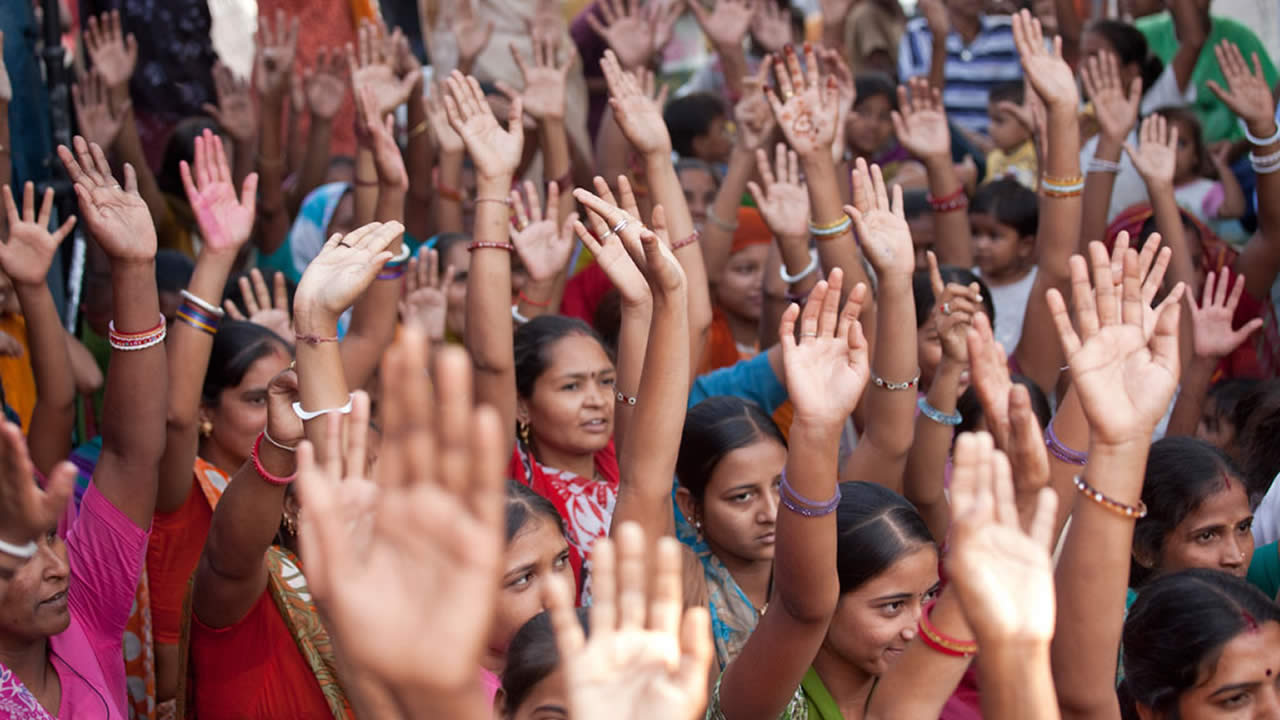
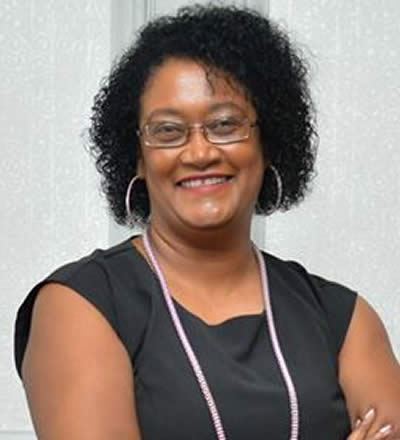
In Mauritius, women emancipation is firmly on the move, with female entrepreneurship on the rise. The Ease of Doing Business as well as greater awareness on opportunities are encouraging more and more women to take up new challenges.
In recent years, we have been seeing more and more women choosing to be entrepreneurs in various economic fields. However, while there are many women entrepreneurs among Small and Medium Enterprises, very few women manage large private organisations. And among fields of activities being chosen by women, we see handicrafts, dressmaking, catering business, food processing and transformation being more predominant. Yet, there are many emerging sectors that are unfolding entrepreneurship opportunities for women, for example ICT, Multimedia, biofarming, Fintech, creative arts, among others.
Nowadays, it is easy for women to start a business even if they choose to work from home. In 2015, the Government brought about new regulations to the Local Government Act to provide exemption for applying for a lengthy Building and Land Use Permit for a long list of activities, most of which can be carried out by self-employed persons, mainly women, and from home.

In 2017, the law was further amended to allow the carrying out of the same activities under a company. The objective was to allow startups within one to two weeks. However, many local authorities either misunderstand or misinterpret the regulations and unknowingly add administrative bottlenecks to the process, penalising mostly small women entrepreneurs. While the spirit is there, the process might be tedious.
Female emancipation has a positive impact on economic growth. Moreover, Christina Lagarde, the IMF Chairperson, recently said that "more women at work could boost the economy by 35%".
But is it easier today for women to reach the top? Yes and no, says Marie-Noelle Elissac-Foy, director of The Talent Factory and co-founder of Smart Moves for Entrepreneurs. “Yes, because there are steps that have been taken, for several years now, to create a favourable environment for entrepreneurship in general with institutions specifically dedicated to women entrepreneurs, such as the NWEC in particular,” she reveals.

But it is more difficult to make the business last or to obtain the trust of bankers. “Moreover, we feel that women's entrepreneurship remains confined, in the popular perception, to the handicraft industry while women entrepreneurs have a greater role to play in a dynamic economy.” And what does she recommend to better empower women? “More visibility for women entrepreneurs in the media in particular,” she proposes. She advises women to build a strong network of useful business contacts. “And from a personal point of view, it is important to have the support of kins. We must not operate in isolation,” concludes Marie-Noelle Elissac-Foy.
Siddhi Choony, a former senior executive in the public and then in the private sector and now a woman entrepreneur, believes women have more opportunities today, compared to ten years ago. However, she feels that success is not always immediate. “There are still obstacles, whether cultural or administrative. But the key word remains perseverance. A woman must believe in her abilities and dare what seems impossible,” she says. Siddhi Choony, who runs a beauty and training institute called SiDivine, is also a certified trainer and beauty consultant, offering makeup, hair styling and personal grooming coaching. She remains convinced that Mauritian women have the capacity to contribute better to the economy, but there is still a long way to go to get there.

At the international level, contrary to other global rankings, Mauritius is not progressing by leaps and bounds in terms of gender equality. For example, the country ranks 112th out of 144 countries in the Global Gender Gap 2017 report, which is a slight improvement from the year 2016 when it ranked 113th. It is worth noting that we were at the 120th position in 2015 and 106th in 2014, but we were in the Top 100 between 2006 and 2013.
Economist Zohra Gunglee is of the view that there should be more women in senior positions, because there are as many women as there are men with advanced academic qualifications. But the trend is nevertheless there, in certain sectors. More and more women are engaged in professions long ‘reserved’ for men. However, she indicates that women are very active in the informal economy and there are more and more women who are turning towards entrepreneurship, which is a good sign for women emancipation in Mauritius. However, she regrets that the real contribution of women is grossly underestimated because housework and taking care of the home and family are not counted for GDP purposes.
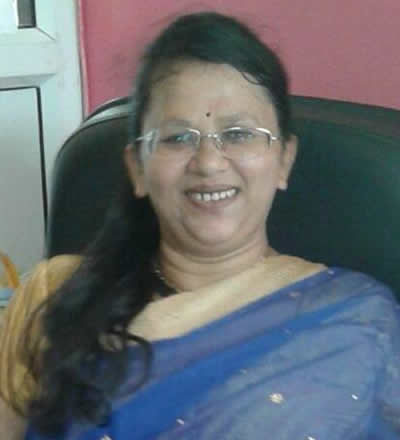
Devina Burun, Managing Director of Summerside Tots Preschool, explains that a woman entrepreneur must fight a constant battle to succeed. “I love what I do. Preschools are supported by the Ministry of Gender Equality, that of Education and the ECCEA (Early Childhood Care and Education Authority). But I have to struggle to compete, stand out and maintain our standards,” says the MD. She hopes the business climate become more ‘woman-friendly’ in the future. She concedes, however, that it is now much easier for women to start their own business compared to a decade ago. “The woman is better equipped today, and she can lead a project on her own. Some activities, such as preschooling, are more conducive for women entrepreneurs because they can meet the challenges, understand the expectations of parents and children and bring greater value addition to the field of education. She adds that this sector also offers employment opportunities to women, who thus contribute not only to the economy but also to the development of children who will later become responsible adults and leaders in our society.
Usha Ramchurn, a teacher, says that modern women strive to be independent regardless of their social or educational background. Women nowadays have the will, the patience, and the determination to succeed. “It’s an undeniable fact that it’s not easy for all women to get positive results very easily. They do face a lot of challenges but they remain fighters who never give up.”
| Senior position in Government Services 1997 – 2017 | ||||||
| 1997 | 2007 | 2017 | ||||
| Number | % | Number | % | Number | % | |
| Men | 255 | 80.2 | 207 | 60.2 | 397 | 63.4 |
| Women | 63 | 19.8 | 137 | 39.8 | 229 | 36.6 |
| Total | 318 | 100 | 344 | 100 | 626 | 100 |
| (Senior Chief Executive, Permanent Secretary, Deputy Permanent Secretary, Director, Manager, Judge and Magistrate) | ||||||
Nirusha Routho : “More men should motivate their wives”
 As an active woman in the field of Arts, Nirusha Routho, Artistic Director at Krumania Dance Academy, feels there is a certain stigma surrounding women who are into performing arts. “Many people still look down upon women in performing arts. But as an artistic director, I have been able to set a standard to my arts and have gained respect.” She reveals how she always longed of embracing a career in arts but as a girl, it was a struggle. She is convinced women can achieve a lot in their professional life. “Many women are trapped into personal life problems and this is an obstacle. Some women are dominated by prejudice and social or family taboos, so they abandon their dreams.” However, she agrees that there are men who do motivate their wives or daughters to achieve higher. She would like to see more men like this. “Women till now have contributed a lot towards our society, excelling in their chosen field. We can see them even in jobs that were regarded solely for men. I think that without women the world will not be the world.”
As an active woman in the field of Arts, Nirusha Routho, Artistic Director at Krumania Dance Academy, feels there is a certain stigma surrounding women who are into performing arts. “Many people still look down upon women in performing arts. But as an artistic director, I have been able to set a standard to my arts and have gained respect.” She reveals how she always longed of embracing a career in arts but as a girl, it was a struggle. She is convinced women can achieve a lot in their professional life. “Many women are trapped into personal life problems and this is an obstacle. Some women are dominated by prejudice and social or family taboos, so they abandon their dreams.” However, she agrees that there are men who do motivate their wives or daughters to achieve higher. She would like to see more men like this. “Women till now have contributed a lot towards our society, excelling in their chosen field. We can see them even in jobs that were regarded solely for men. I think that without women the world will not be the world.”
Nishi Singh : “Women are risk takers and multi-taskers”
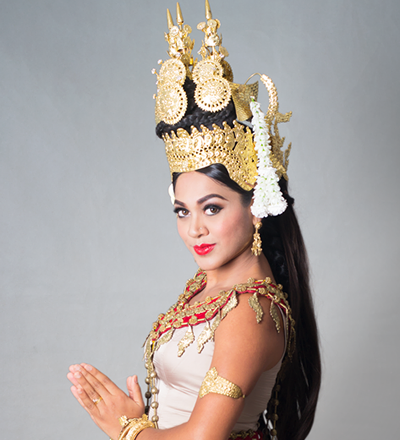 Nishi Singh, a beauty queen who was crowned Mrs India Worldwide Mauritius 2017-2018 also holds the titles of Mrs Fit, Mrs Humanity Hope, Mrs Popular and International Mrs USA Catwalk. She says women are beautifully enacting multifarious roles and have the ability and immense potential to unleash talents. “However hard a situation is, life is like treading on fire! We should never give up in life,” she says.
Nishi Singh, a beauty queen who was crowned Mrs India Worldwide Mauritius 2017-2018 also holds the titles of Mrs Fit, Mrs Humanity Hope, Mrs Popular and International Mrs USA Catwalk. She says women are beautifully enacting multifarious roles and have the ability and immense potential to unleash talents. “However hard a situation is, life is like treading on fire! We should never give up in life,” she says.
“Women are role models, enforcers of discipline, powerful motivators and chronic influencers. Women are joys and sunshine in men’s lives. But still women are as strong as ever. We should never stop believing in ourselves and we just have to listen to our heart and follow our dreams.”
Education: When girls perform better than boys

In April 2006, 'The Economist' magazine stated that it was neither man, nor China or India, but rather woman who will be the engine of the economy because girls have better grades than boys in school. Indeed, in Mauritius, at the end of primary school, girls generally have better results than boys. In 2017, the success rate for girls was close to 86% compared to 77% for boys. At HSC exams, the success rate for girls has been much higher than boys over the last ten years. As a result, more women than men are enrolled in higher education institutions. The tertiary enrollment rate increased from 16% in 2000 to 54% in 2016 for women and from 14% to 40% for men over the same period.
Good to know
- More women than men are enrolled in tertiary institutions in Mauritius, but there are fewer women in research (PhD, MPhil and Doctor of Business Administration)
- Unemployed women are generally more qualified than their male counterparts
- In 2017, Diabetes mellitus was the leading cause of death in Mauritius, accounting for around 25% of deaths among women and 22% among men
- Only 24 per cent of all global parliamentarians were women as of November 2018, a slow increase from 11.3 per cent in 1995
- As of January 2019, 11 women were serving as Head of State and 10 were serving as Head of Government
- Rwanda has the highest number of women parliamentarians worldwide. Women there have won 61.3 per cent of seats in the lower house.
Textiles in Mauritius
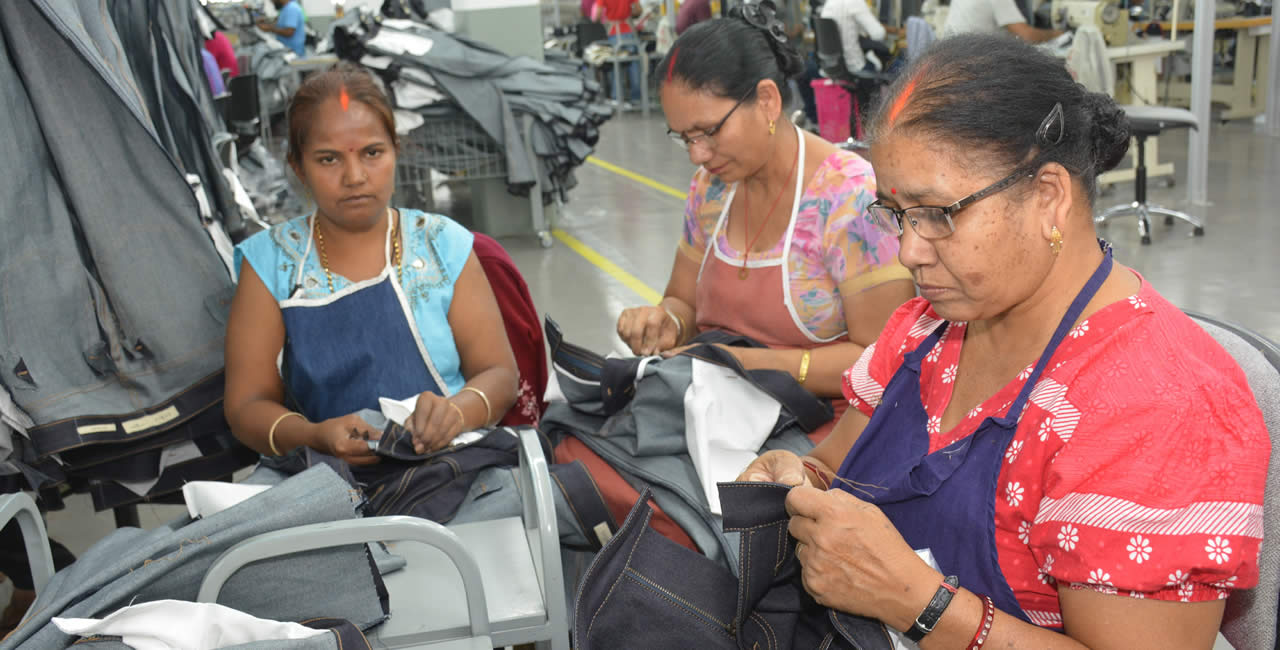
If there is one sector that has evolved thanks to the contribution of women, it is the textile sector. In the 70s and 80s, with the setting up of manufacturing plants by Hong Kong and Singaporean investors, the sector appealed to the female workforce. Thousands of Mauritian women took jobs in factories and turned the textile sector into an important pillar of our economy. Today, the industry is no longer attractive and the local workforce has been largely replaced by foreign workers.
Agro industry
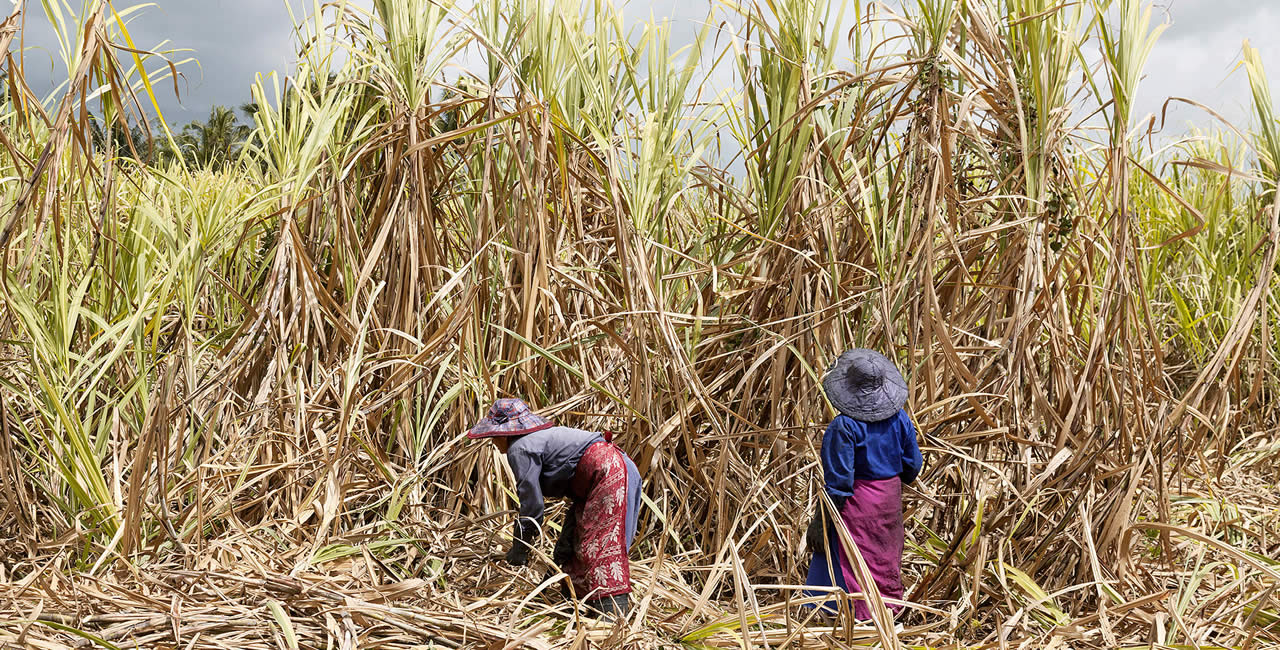
It is said that women used to dominate the agricultural sector. The cultivation of sugarcane, as well as its harvesting was carried out mainly by women. Livestock and milk production were also undertaken by women in the past. They were the ones who took care of the animals, went to search for fodder and milked the cows. Today, fewer than 2,000 women work in the sugar industry, while the number of women engaged in livestock-related activities is less than 1,000. On the other hand, about a hundred women are engaged in active fishing.
 J'aime
J'aime














